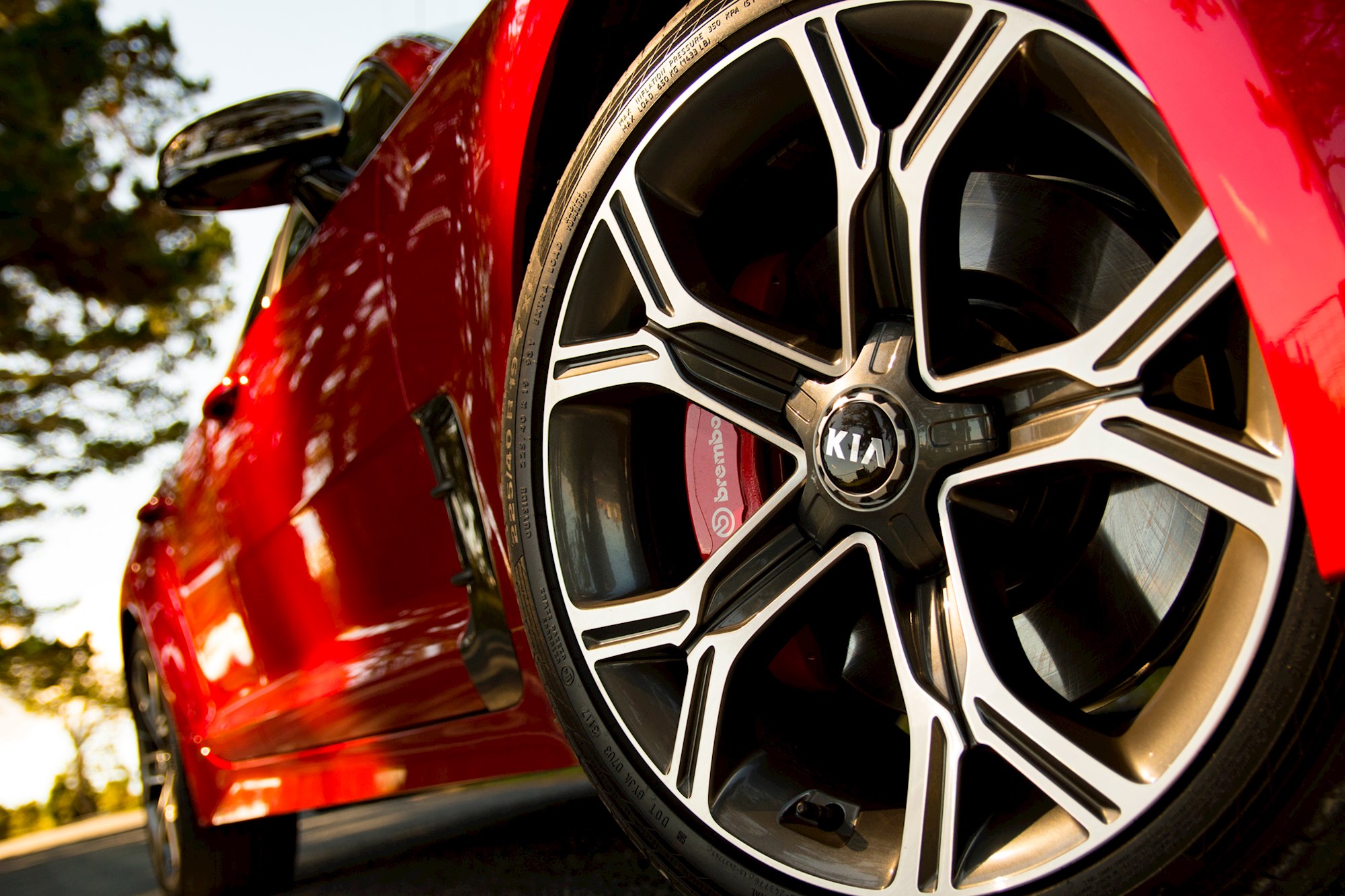Times are tough right now if you're a hatchback or a sedan.
Car manufacturers worldwide had already been transfixed on bottom lines and profits, and a combination of stricter global emissions regulations and the Covid-19 pandemic probably haven't helped, either. As a result, four of the best cars in the world are on the chopping block.
Who's open during lockdown? Read Driven's Covid-19 NZ auto directory
One that we've already detailed is the Ford Focus RS hot hatch; canned due to tightening emissions regulations and the costs of producing a hybrid system capable of being competitive in its class.
It was confirmed earlier this week that the large rear-driven Lexus GS would also be cancelled, due in part to poor sales. "[Lexus is] constantly evaluating model mixes throughout our lineup," Lexus said in an overseas statement. “In the declining sedan segment, [the] GS family has represented a small amount of sales in the last few years.”
The GS is very long in the tooth, odd looking, and known to struggle to compete head to head with its key German rivals. It's been known for quite some time that Lexus was likely to make the Toyota Camry-based ES the spiritual replacement for the GS, given its recent growth spurt and improvements in interior quality. And, the fact it shares TNGA platforms with another vehicle in the Toyota line-up means it's much cheaper to produce.
Read more: Lexus ES300h review - More beast than beauty
Nevertheless, the GS will be mourned. In particular, its V8-powered GS-F performance variant scored plenty of fans in the journo sphere. The 10th Anniversary edition that DRIVEN was handed for a thrash in 2018 goes down as the most memorable car I tested that year. It can't hold a candle to the BMW M5 or AMG E63 when hooked to a V-Box, but much like its IS-F cousin, expect it to become the most popular of the bunch on the second-hand market in a few year's time.
This leaves the two cars reportedly on the precipice of joining the Lexus and Ford; the Renault Megane and Kia Stinger.
The Stinger won't be surprising to hear, given that rumours of the ambitious nameplate's struggle to attract sales in the US in particular have been widely covered. A face-lift is on the cards to be revealed later this year, which will hopefully extend the popular sport sedan's lifespan another few years at least.
A report from Korean outlet Korean Car Blog went global earlier this week, stating that the Stinger hadn't met its sales targets and was likely to be culled in favour of its Hyundai cousin; the G70. Now, the report didn't actually state any figures or cite any internal sources to back up its claims. But, it's nevertheless worrying news for the platform's many fans. Kia has also repeatedly said it does not know if a second-generation model is coming.
"At the moment I’m not sure it’s doing as good as we hoped," Gregory Guillaume, Kia vice president, senior chief designer told media in 2019. "We never really expected to do massive volumes. It was a halo car. We did want to be successful at least in America, the market where we thought there is a chance that it works. We had very high expectations for that market and it’s very difficult to start in such segments."

The current Megane, meanwhile, feels like it only just landed in New Zealand. Its RS variant was a popular finalist in last year's AA DRIVEN New Zealand Car of the Year, and has gone on to reset records at the Nurburgring Nordschleife. But, like the Focus RS, the nameplate appears to be under risk by a rising prioritisation of electrified cars.
In a recent interview with UK publication AutoExpress, Renault design chief Laurens van den Acker conceded that the Megane is at risk of cancellation as the brand weighs up its move to electrification. “Inevitably, once we’re starting to add a range of EVs to our lineup, some of the other vehicles are going to have to go, because we just can’t afford to develop all of this at the same time”, van den Acker said. “The Megane is in a segment that’s increasingly under pressure. You have to put your money where the future of the market is.”
While each of these cars has its own reasons for being under threat, what remains consistent is that two are large sedans and two are hatchbacks; the two vehicle segments hit hardest by rising global sales of utes and SUVs. Ultimately, it's the consumer's vote that will have the greatest impact on whether the Stinger and Megane continue into the future.




